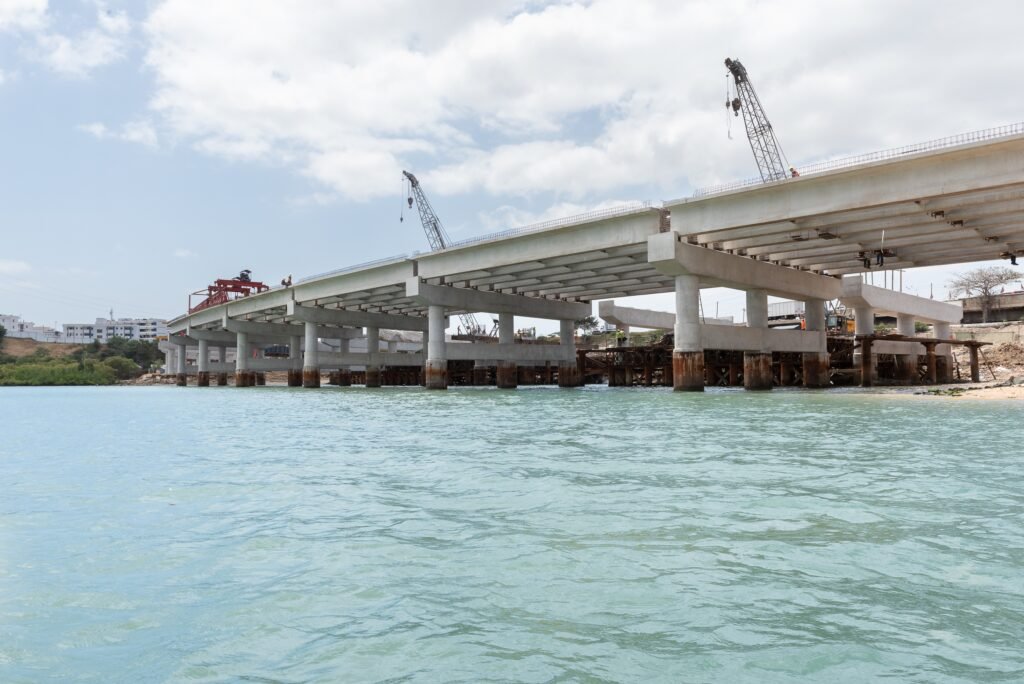Bamburi Cement company will cease production of Ordinary Portland Cement (OPC) within its product line from January 1, 2024, as part of its commitment to decarbonizing its operations and providing a greener option of building materials.
The landmark commitment, which comes amid the ongoing 2023 United Nations Framework Convention on Climate Change (COP28) in United Arab Emirates, accelerates the company’s sustainability target to 100 percent green products by 2025, decreasing carbon (CO2) emissions to fight climate change.
Announcing the move, Bamburi Cement Group managing director Mr. Mohit Kapoor said it will affect the production of Powerplus cement, used in medium to large construction projects but will have no disruptive impact on customers due to presence of alternative greener products.
“Bamburi Cement is steering future construction processes and built environment’s life cycle towards environmental protection. Withdrawing OPC from the construction sector is critical to greening and decarbonising the industry. In combination with the thrust on the use of eco-friendly cement offerings, it gives us the opportunity to onboard our partners and customers in our unstoppable journey to net-zero,” said Mr. Kapoor.
Last year, the company reduced its consumption of fossil fuels to power its cement kilns, which generate clinker, by 5.5% by co-processing nearly 75,000 tons of waste. Further, it has increased the use of alternative raw materials in cement production such as pozzolana, limestone, slag, and gypsum to reduce the clinker factor.
OPC has been used traditionally for large infrastructure projects and high rise buildings. It typically contains 95% clinker, an intermediate material in the manufacture of cement produced by burning limestone and other materials in a kiln where CO2 is invariably released in the process.
The move reinforces the company’s progress made so far in transitioning to low-carbon cement. In November last year, Bamburi Cement eco-labeled its four cement brands to represent 30% lower CO2 emissions compared to pure Ordinary Portland Cement. The four include Bamburi Duracem, Bamburi Fundi, Bamburi Tembo, and Bamburi Nguvu.
As an alternative and in mitigation to the OPC, the company has a range of eco-labelled cement products which assure better quality and durable construction output with low carbon emissions, according to the company’s Head of Innovation and Technical Services, Eng. Fidelis Sakwa.
“Our flagship eco-labelled product Bamburi Duracem 42.5 cement reduces carbon emissions by 64% in comparison to the OPC. Duracem was successfully used to build the Makupa Bridge in Mombasa resulting in a saving of 10 million kg of CO2 as compared to OPC that would have been used,” said Eng. Sakwa.
He added that the company’s technical team has invited contractors for consultative opportunities on providing viable options including conducting project specific concrete mix designs with a lower carbon footprint in the near term.


